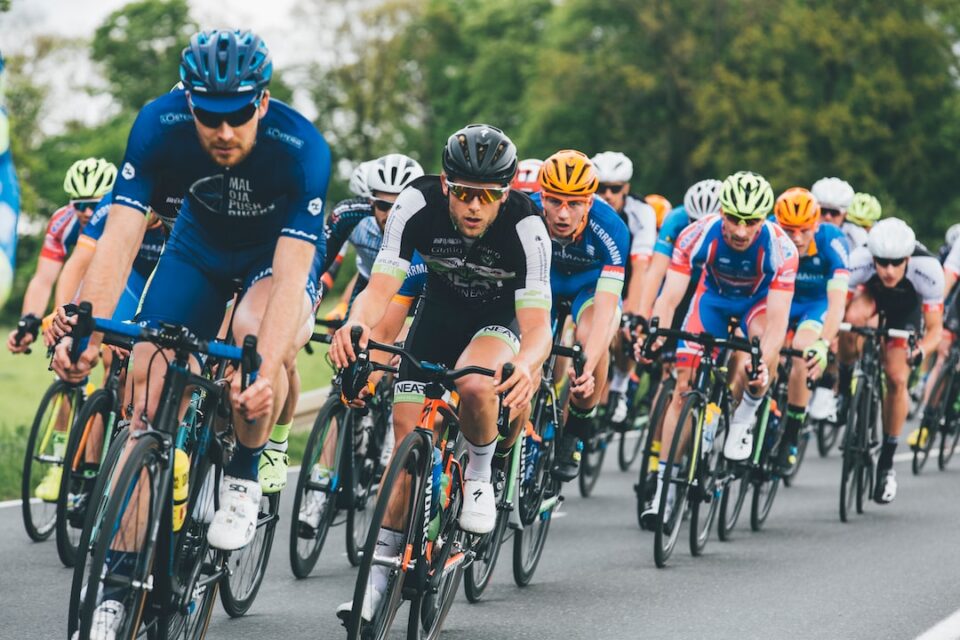Sports and Education: Balancing Athletics and Academics
Sports and education are two domains of equal importance in a student’s life. While education provides knowledge and builds academic skills, sports cater to physical fitness, team spirit, and personal growth. However, finding the right balance between athletics and academics can sometimes be challenging. In this blog post, we will explore the benefits of participating in both sports and education, the challenges associated with balancing them, and some strategies to strike a harmonious equilibrium.
Participating in sports carries numerous advantages for students, both physically and mentally. Regular physical activity reduces the risk of obesity and related health issues, improves cardiovascular health, and strengthens bones and muscles. Moreover, sports enhance coordination, agility, and motor skills. Engaging in team sports like basketball or soccer fosters cooperation, communication, and leadership skills, which are crucial for success in various aspects of life. Furthermore, sports provide an outlet for stress relief, promoting a balanced mental well-being.
On the other hand, education is the foundation of personal growth and career development. Academic knowledge equips students with the necessary skills to excel in professional fields. It teaches critical thinking, problem-solving, and analytical abilities. Education broadens one’s perspective, encourages creativity, and develops a lifelong love for learning. Acquiring knowledge not only helps individuals shape their future but also enables them to contribute positively to society.
While both sports and education offer distinct benefits, finding a healthy balance between the two can be tricky. One common challenge is time management. Student-athletes often struggle to meet both academic and sports-related commitments. Managing practice sessions, matches, and tournaments alongside daily classes and homework can lead to exhaustion, overwhelming stress, and hindered academic performance. Additionally, students run the risk of sacrificing their social lives, family time, and personal interests due to the demands of sports and education.
To effectively balance sports and education, it is essential for students, parents, and educational institutions to work cooperatively. Communication plays a vital role in managing the expectations and requirements of both domains. Schools should establish a supportive environment that acknowledges the importance of sports and fosters a culture of academic excellence. This may involve flexible scheduling, providing study resources, and recognizing the achievements of student-athletes.
Student-athletes themselves must prioritize their commitments and manage their time efficiently. Setting realistic goals and creating a schedule that allocates dedicated time for sports and academics is crucial. It is important to use breaks effectively by utilizing them for studying or completing assignments. Seeking assistance from teachers, coaches, or mentors can also help in developing effective strategies for balancing the two domains.
Parents play a vital role in supporting their children’s endeavors. Encouragement, guidance, and active involvement can go a long way in reducing stress and helping students manage their time effectively. Parents should promote a healthy lifestyle and help their children prioritize tasks, ensuring that both academics and sports receive equal attention.
Furthermore, it is essential to recognize that sports and education can be complementary rather than conflicting domains. Engaging in sports can actually enhance academic performance. Research suggests that students who participate in sports demonstrate higher levels of concentration, improved memory retention, and better time management skills. Physical activity can also help alleviate stress and facilitate better cognitive function, leading to improved academic outcomes.
In conclusion, sports and education both contribute significantly to a student’s holistic development. While academic education builds knowledge and skills, sports play a crucial role in promoting physical fitness, teamwork, and personal growth. Balancing athletics and academics can be challenging, but with effective time management, support from schools and parents, and recognizing the complementary nature of the two domains, students can successfully achieve a harmonious equilibrium. By striking the right balance, students can derive the maximum benefit from both sports and education, setting a strong foundation for a successful future.

